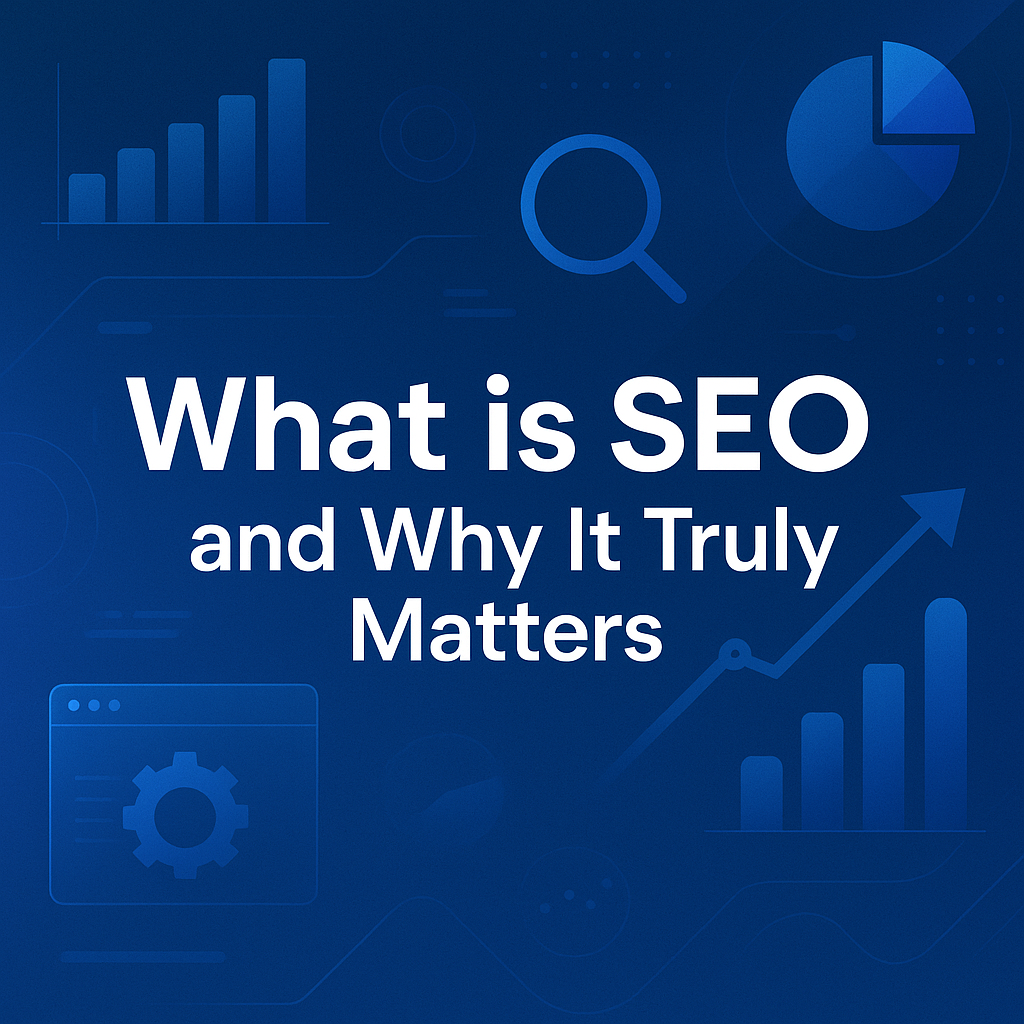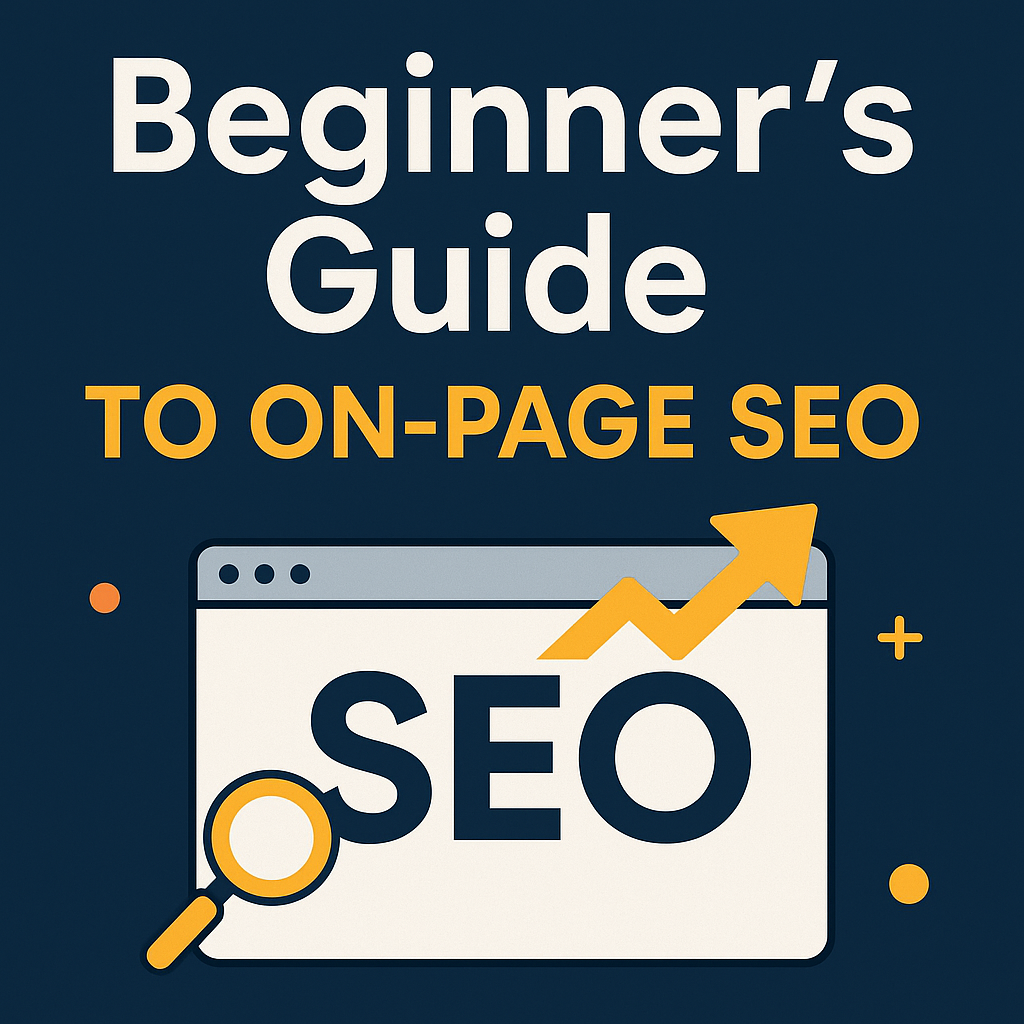Search engine optimization (SEO) doesn’t end at your website’s content or structure. If you’re relying solely on what’s on your site to improve rankings, you’re missing out on over 50% of SEO potential. That’s where off-page SEO comes in—a crucial strategy that can dramatically influence your site’s trust, visibility, and authority in Google’s eyes.
This beginner’s guide breaks down what off-page SEO is, why it matters in 2025, and the most impactful techniques to get started.
What is Off-Page SEO?
Off-page SEO refers to all optimization tactics applied outside of your website to improve its search engine rankings. While on-page SEO deals with internal elements like content and structure, off-page focuses on external signals such as:
- Backlinks from other sites
- Brand mentions
- Social shares and engagement
- Online reviews
- Domain authority and trust
Google uses these indicators to evaluate your site’s credibility and relevance.
Why Off-Page SEO Still Matters in 2025
Despite algorithm changes, backlinks and external signals remain top-ranking factors.
The more often other reputable websites link to your content, the more likely Google is to see it as important—and rank it higher in search results.
- Social credibility is rising: Google increasingly recognizes engagement metrics like shares and comments as trust indicators.
- E-A-T (Expertise, Authoritativeness, Trustworthiness) is still a core part of how Google ranks content—off-page SEO directly supports this.
In short, if no one is talking about or linking to your website, Google assumes you don’t matter.
Top Off-Page SEO Strategies for 2025
1. Build High-Quality Backlinks (Still King)
Backlinks remain the cornerstone of off-page SEO. But it’s not about quantity anymore—it’s quality over quantity.
Focus on editorial backlinks from respected publications or blogs in your niche.
Use guest posting wisely, prioritizing value-driven content over spammy link drops.
Reclaim broken backlinks to your domain using tools like Ahrefs or Screaming Frog.
Pro tip: Analyze your competitors’ top backlinks and reverse-engineer them.
2. Get Mentioned Without Links (Implied Links)
Google now recognizes brand mentions even without hyperlinks.
Set up Google Alerts or use Brand24 to monitor mentions.
Engage with sites or journalists who mention you and request a link when appropriate.
Maintain consistent brand visibility across platforms.
This strategy helps build trust signals that search engines pick up.
3. Social Signals and Content Engagement
While social signals (likes, shares, comments) are not direct ranking factors, they influence visibility and traffic—leading to more natural backlinks.
Post regularly on platforms where your audience lives (Twitter/X, LinkedIn, TikTok, etc.).
Encourage sharing with easy-to-use social share buttons.
Create content that sparks conversation (questions, polls, hot takes).
A viral post can result in dozens of high-quality links.
4. Digital PR & HARO (Help a Reporter Out)
Digital PR is the modern link building. Tools like HARO or Help a B2B Writer connect you with journalists looking for expert insights.
Respond quickly with valuable input.
Focus on niche-relevant publications for maximum impact.
One successful feature in a top-tier site (e.g., Forbes, Business Insider) can skyrocket authority.
5. Influencer Collaborations & Content Co-Creation
Partnering with influencers or niche creators can expand your reach and earn backlinks.
Co-write blog posts, interviews, or resource guides.
Get featured on relevant YouTube channels or podcasts.
Offer unique insights, data, or infographics that influencers want to share.
This strategy combines reach + trust = SEO gold.
6. Local Off-Page SEO for Businesses
If you’re a local business, this is critical:
Get listed on Google Business Profile, Yelp, Bing Places, and local directories.
Encourage reviews on platforms like Google and Trustpilot.
Ensure your NAP (Name, Address, Phone) is consistent across all listings.
Positive reviews improve visibility and trust signals.
7. Forum & Community Participation (With Care)
Contributing to relevant communities builds brand awareness and can drive referral traffic:
Join niche forums like Reddit, Quora, or industry-specific groups.
Add value first—don’t spam links.
Use community posts to drive discussion around your content or expertise.
Avoid These Common Off-Page SEO Mistakes
- ❌ Buying low-quality backlinks (can lead to penalties)
- ❌ Ignoring online reputation management
- ❌ Inconsistent branding across platforms
- ❌ Keyword-stuffing anchor texts unnaturally
- ❌ Relying only on guest posting
Tools to Help You Succeed
- Ahrefs – https://ahrefs.com
- SEMrush – https://www.semrush.com
- Google Alerts – https://www.google.com/alerts
- HARO (Help a Reporter Out) – https://www.helpareporter.com
- Surfer SEO – https://surferseo.com
- Frase – https://www.frase.io
- BuzzSumo – https://buzzsumo.com
Conclusion: Off-Page SEO is About Building Trust
In 2025, off-page SEO is no longer about gaming the system—it’s about building real authority, nurturing relationships, and becoming a trusted name in your field.
Start small:
- Reach out to one site per week.
- Monitor your brand.
- Create share-worthy content consistently.
With time and effort, these signals compound—and your rankings will reflect it.

